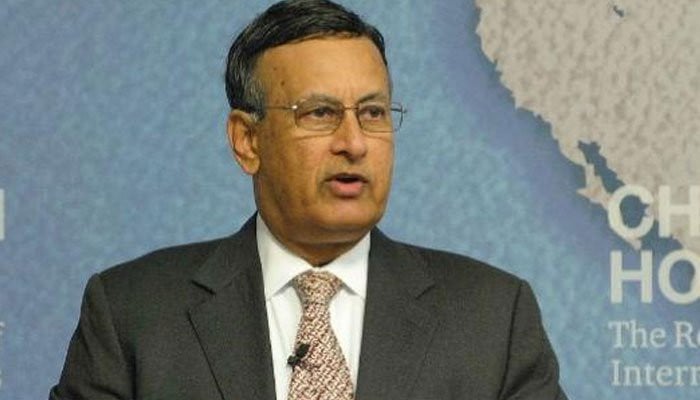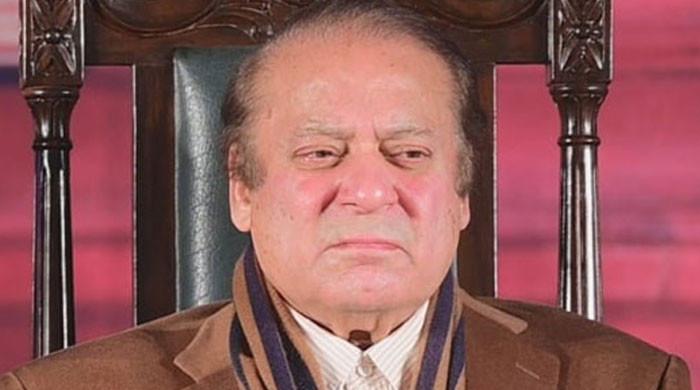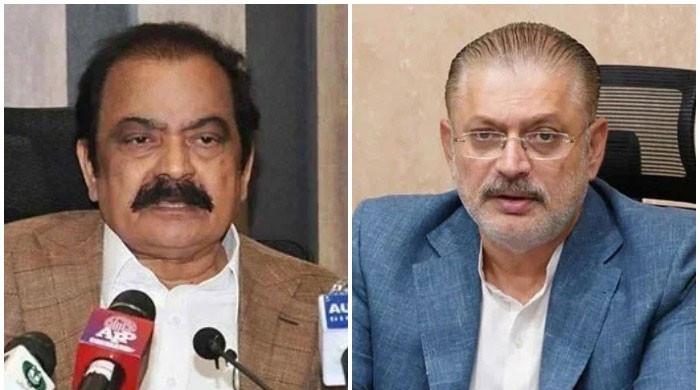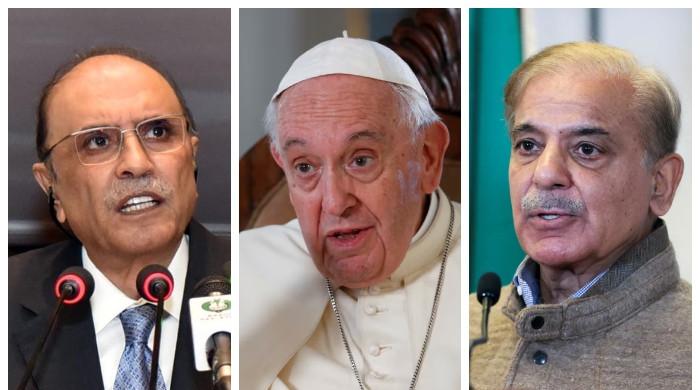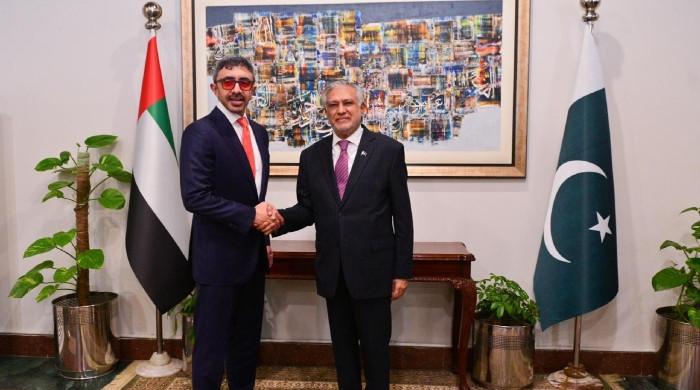Memogate case: Effective laws needed to bring back Husain Haqqani, CJP informed
Supreme Court directs Amicus Curiae Ahmer Bilal Soofi to submit draft law in two weeks
June 26, 2018
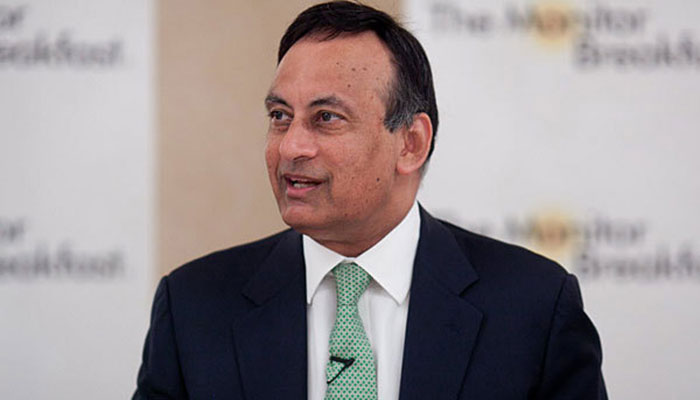
ISLAMABAD: The Supreme Court resumed hearing a suo motu case pertaining to the implementation of the 2011 Memogate scandal on Tuesday.
As the hearing went under way, the three-member bench led by Chief Justice Saqib Nisar inquired about the steps taken by the government to bring former ambassador to the United States Husain Haqqani back to Pakistan.
Senior legal expert Ahmer Bilal Soofi, who has been appointed amicus curiae in the case, informed the apex court that the case is facing difficulties due to lack of legislation in bringing back Haqqani.
He added that effective legislation is needed in order to bring back people from outside the country to face cases.
The chief justice then remarked that as per Soofi, without amending the law, Haqqani cannot be brought back to Pakistan.
Chief Justice Nisar directed Soofi two come up with a draft legislation in this regard in two weeks and adjourned the hearing indefinitely.
During a hearing on March 28, the Supreme Court had given the government a 30-day deadline to bring Haqqani, the main accused in the scandal, back to the country. Chief Justice Nisar had expressed annoyance at no positive development having been made regarding Haqqani’s return, and had warned that the court would not accept any excuses after the deadline's expiration.
Memogate scandal
The Memogate scandal erupted in 2011, when Pakistani-American businessman Mansoor Ijaz claimed to have received an 'anti-army' memo from Haqqani, the then-Pakistan envoy in Washington DC, for then-US chairman of the joint chiefs of staff Admiral Mike Mullen.
The memo sent by Haqqani allegedly mentioned a possible army coup in Pakistan following the US raid in Abbottabad to kill Osama bin Laden.
It also allegedly sought assistance from the US for the then-Pakistan Peoples Party government for 'reigning in the military and intelligence agencies'.
In 2012, a judicial commission was tasked to probe the case, and it concluded that the memo was authentic and authored by the former envoy.
The commission said the purpose of the memo was to convince American officials that Pakistan's civilian government was 'pro-US'.
The scandal, taken to the Supreme Court by then-opposition leader Nawaz Sharif and several others, led to Haqqani's resignation and subsequent exit from the country.
Resurrection of the case
On February 1, 2018 the Supreme Court constituted a three-member bench to resume hearing of the controversial Memogate case, and issued a notice to Hussain Haqqani the same day.
Later that month, the apex court issued arrest warrants for the former ambassador. In an attempt to get Haqqani to appear in the court, the Federal Investigation Agency was reported to have approached Interpol on February 15 to issue red warrants for him.
